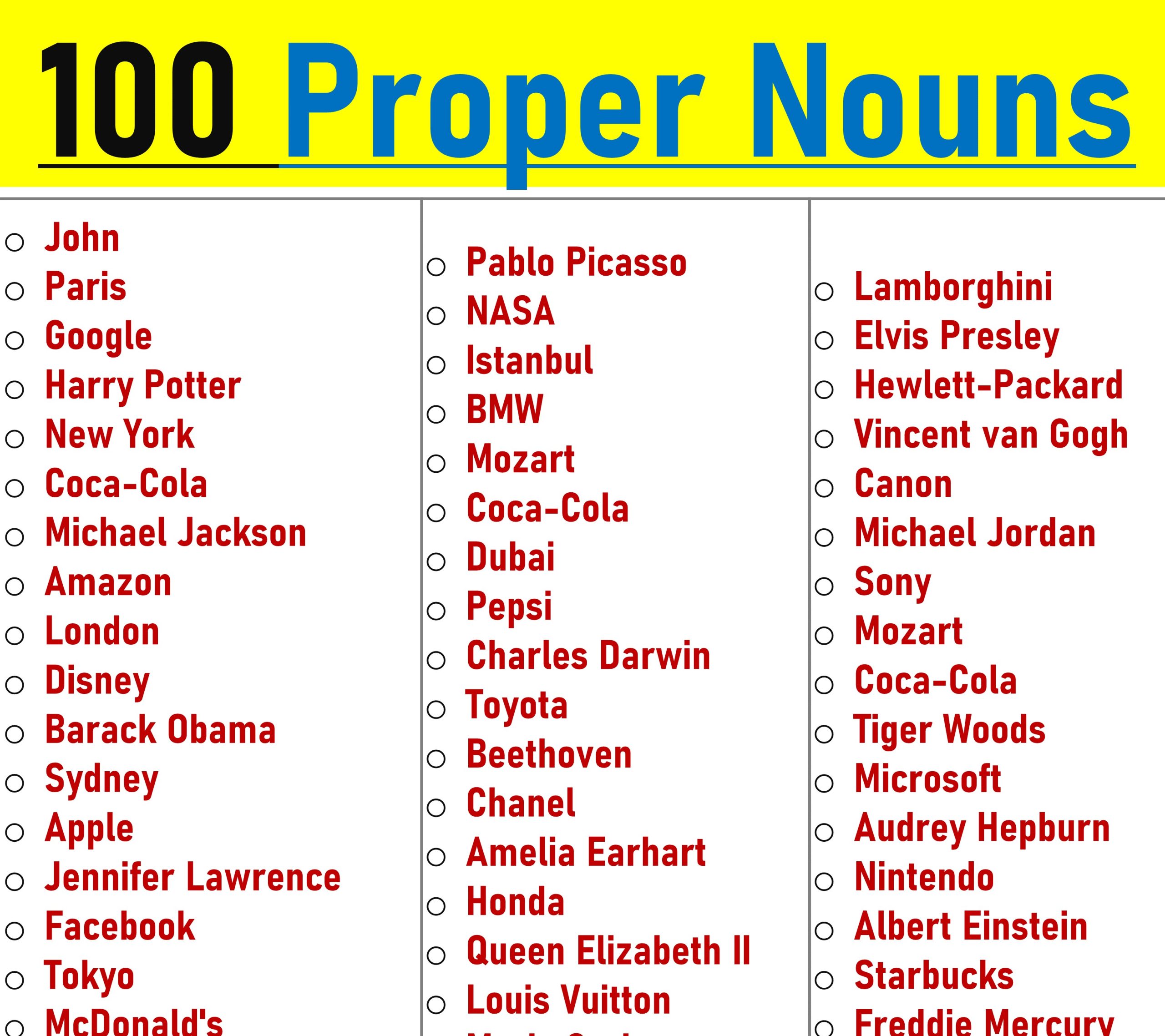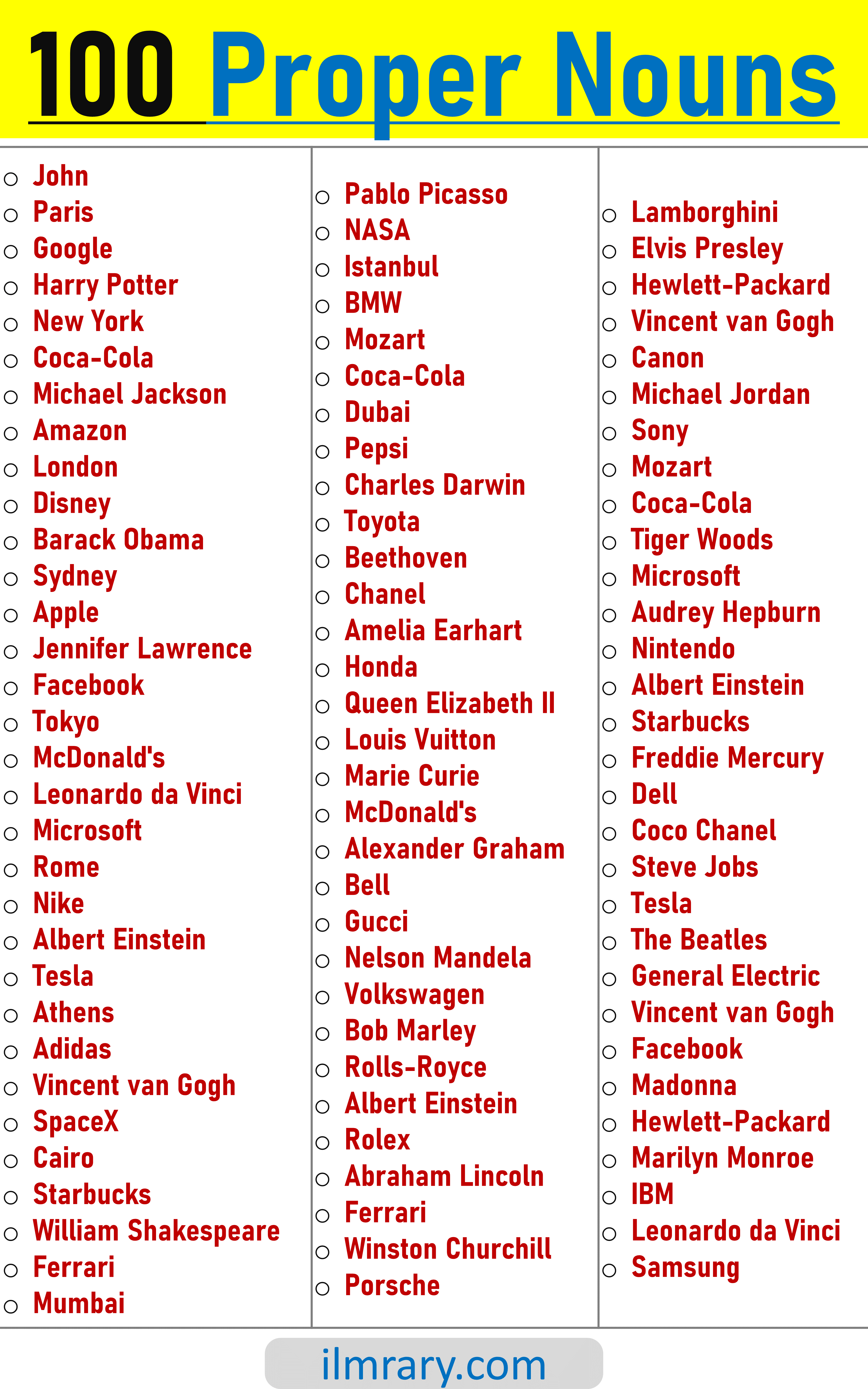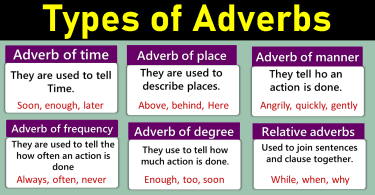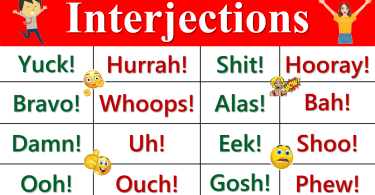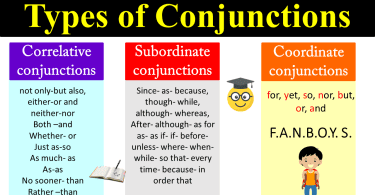When learning English grammar, it’s important to understand proper nouns. A proper noun is a specific name used for a particular person, place, or thing. These nouns help us identify unique entities. Unlike common nouns, proper nouns are always capitalized to show they represent something specific. In this article, we’ll dive into the definition of proper nouns, provide examples, and explain their usage clearly.
Contents
What Are Proper Nouns?
A proper noun is a name used for specific people, places, or things. It makes the noun different from other similar nouns. Proper nouns are capitalized, so you can easily recognize them in a sentence.
Examples of Proper Nouns
- John is the name of a person. It could be a family member, friend, or even a famous figure.
- Paris is the name of a city. It’s the capital of France, known for the Eiffel Tower and other landmarks.
- Coca-Cola is the name of a global company that makes soft drinks. The brand name is a proper noun because it refers to a specific product.
Proper nouns make our language more specific. For example, if you say “book,” that refers to any book, but when you say “Harry Potter,” it refers to a particular book series.
How to Use Proper Nouns Correctly
To use proper nouns correctly, remember the following rules:
- Capitalize them: Always capitalize proper nouns. For instance, “I visited London last year.”
- Identify unique names: Use proper nouns when referring to specific people, places, companies, or things.
- Avoid generalizing: Unlike common nouns, proper nouns do not refer to a general group but to a unique entity.
Example Sentences:
- John is my friend.
(Here, John is the name of a specific person.)
- I love to visit Paris.
(In this case, Paris is a specific city.)
- Apple is a tech company.
(Apple is the name of a particular company, not just any apple.)
100 Common Proper Nouns
Here’s a list of 100 proper nouns that you may come across frequently:
| Proper Noun | Category |
|---|---|
| John | Person |
| Paris | Place (City) |
| Company | |
| Harry Potter | Fictional Character |
| New York | Place (City) |
| Coca-Cola | Company |
| Michael Jackson | Person |
| Amazon | Company |
| London | Place (City) |
| Disney | Company |
| Barack Obama | Person |
| Sydney | Place (City) |
| Apple | Company |
| Jennifer Lawrence | Person |
| Company | |
| Tokyo | Place (City) |
| McDonald’s | Company |
| Leonardo da Vinci | Person |
| Microsoft | Company |
| Rome | Place (City) |
| Nike | Company |
| Albert Einstein | Person |
| Tesla | Company |
| Athens | Place (City) |
| Adidas | Company |
| Vincent van Gogh | Person |
| SpaceX | Company |
| Cairo | Place (City) |
| Starbucks | Company |
| William Shakespeare | Person |
| Ferrari | Company |
| Mumbai | Place (City) |
| Samsung | Company |
| Pablo Picasso | Person |
| NASA | Organization |
| Istanbul | Place (City) |
| BMW | Company |
| Mozart | Person |
| Coca-Cola | Company |
| Dubai | Place (City) |
| Pepsi | Company |
| Charles Darwin | Person |
| Toyota | Company |
| Beethoven | Person |
| Chanel | Company |
| Amelia Earhart | Person |
| Honda | Company |
| Queen Elizabeth II | Person |
| Louis Vuitton | Company |
| Marie Curie | Person |
| McDonald’s | Company |
Common Questions About Proper Nouns
What is a proper noun?
A proper noun is a specific name used for particular people, places, or things. It is always capitalized to show that it refers to something unique.
How do you know when to use a proper noun?
Use a proper noun when talking about a unique person, place, or thing. It’s always capitalized. For example, “I visited Paris” uses a proper noun because Paris is a specific city.
Can proper nouns be more than one word?
Yes, proper nouns can be more than one word. For example, “New York” or “The Eiffel Tower” are both proper nouns made up of two words.
Why are proper nouns important in English?
Proper nouns are important because they help us identify specific people, places, and things. This makes our communication clearer and more precise.
Can proper nouns be common nouns?
No, proper nouns refer to specific things and are always capitalized. Common nouns refer to general things, such as “city” or “book,” and are not capitalized.
You May Also Like


